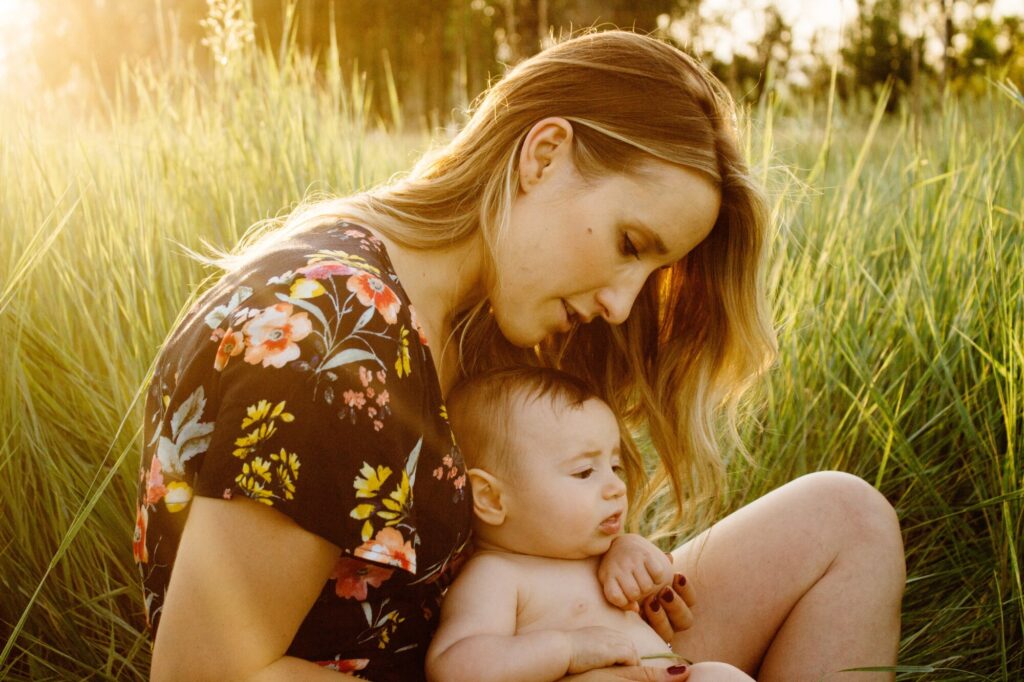With advances in reproductive technology, egg freezing has emerged as a viable option for many women who wish to delay motherhood. This process allows women to preserve their eggs for future use and provides an opportunity to balance personal and professional aspirations. The reasons for considering egg freezing can vary widely, from medical conditions to lifestyle choices. Take a closer look right below.
What Is Egg Freezing?
Egg freezing, medically referred to as oocyte cryopreservation, involves extracting a woman’s eggs and freezing them for future use. The primary motivation behind this procedure is to empower women facing health issues, advancing age, or personal circumstances that might delay childbirth. The process starts with ovarian stimulation, where hormonal injections encourage the ovaries to produce multiple eggs. Once the eggs mature, a minor surgical procedure retrieves them, typically under sedation.
After extraction, eggs are frozen using sophisticated techniques that protect their integrity for later use. The development of vitrification, a rapid freezing method, has significantly improved the success rates of frozen eggs surviving the thawing process. By using an egg freezing calculator, individuals can estimate their chances of having a successful pregnancy in the future based on their age and the number of eggs frozen. Knowing the facts about egg freezing helps women make informed decisions about their reproductive health, which can be both empowering and practical.
Benefits of Egg Freezing
For many, the primary appeal of egg freezing lies in the autonomy it provides regarding family planning. Women can focus on achieving personal and professional goals without the pressure of immediate motherhood.

This strategy can be advantageous for those pursuing demanding careers or advanced education.
Egg freezing allows women to be proactive about fertility preservation in cases of potential medical issues, such as prior to undergoing cancer treatment. Notably, the age at which eggs are frozen will determine future success rates. Younger eggs are generally associated with higher chances of successful fertilization and pregnancy. This means that by freezing eggs at a younger age, women may enhance their odds of having a baby later on when they are ready.
The Risks and Considerations
While egg freezing presents many benefits, women must acknowledge its limitations and potential risks. The hormonal treatment that precedes egg retrieval can lead to side effects, ranging from mild discomfort to more severe complications, such as ovarian hyperstimulation syndrome (OHSS).
While most women freeze multiple eggs, not all will survive the thawing process, and even fewer will lead to successful pregnancies, especially as the age of freezing increases. Financial considerations also come into account, as the costs associated with the procedure, storage, and potential future IVF cycles can be significant. Thorough discussion with healthcare providers can help mitigate some of these concerns.
Future Parenting After Egg Freezing
Successfully utilizing frozen eggs leads to the next phase: conception and preparing for parenthood.

When a woman decides to use her frozen eggs, they are thawed, and the process of fertilization occurs through methods such as in vitro fertilization (IVF). Couples may choose to undergo genetic testing on embryos created from frozen eggs for diseases or conditions before pregnancy.
The age when the eggs were frozen significantly affects these outcomes, with younger eggs outperforming older ones. Embryo transfer and subsequent pregnancy follow the fertilization process, and the emotional rollercoaster can intensify during this phase.
Egg freezing represents a powerful tool for women seeking to balance their career aspirations and family planning. As the process becomes more prevalent and accessible, understanding its intricacies is vital for making informed choices about reproductive health. It offers hope and flexibility, allowing women to navigate the path of parenthood at their own pace.
